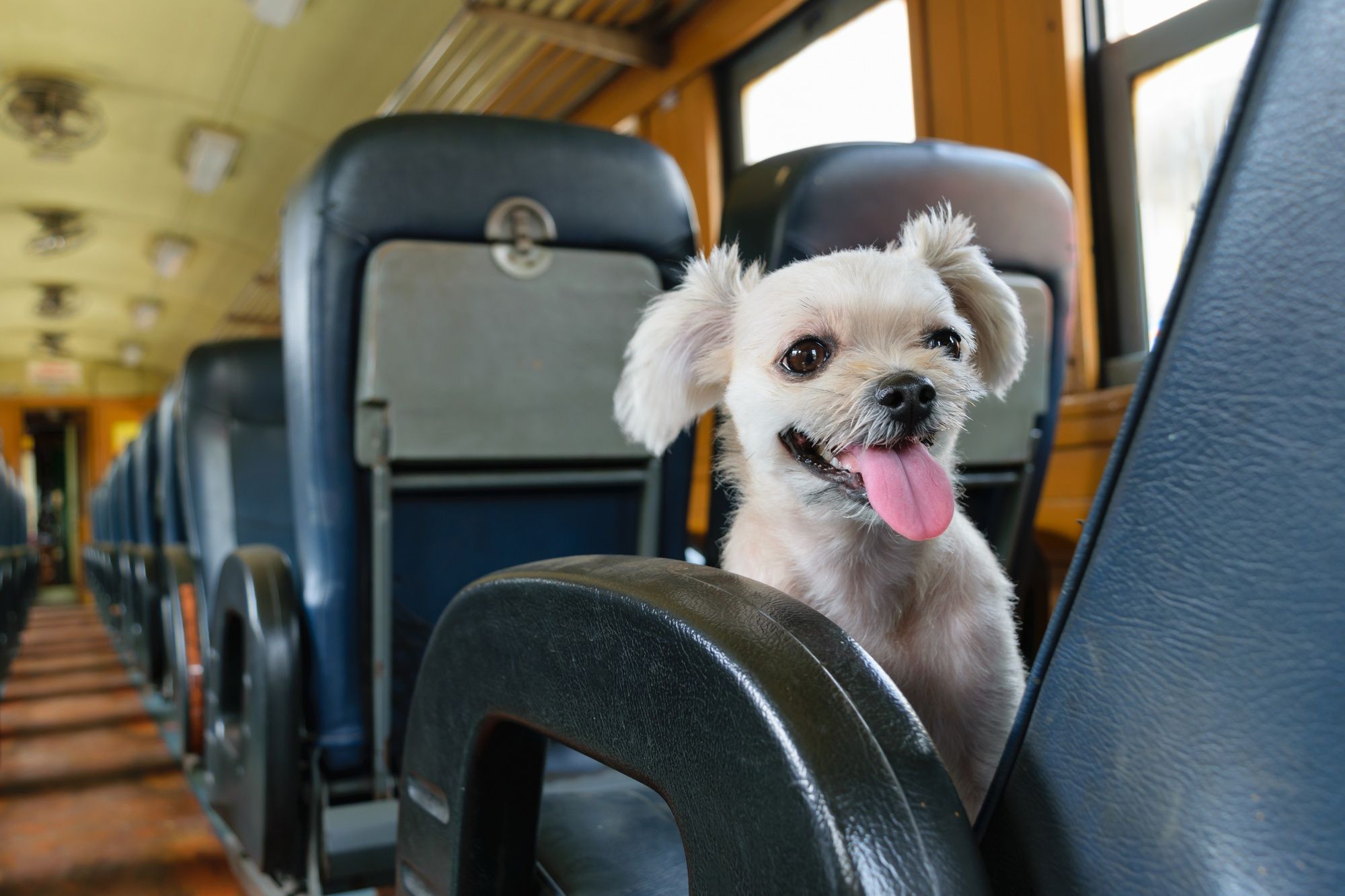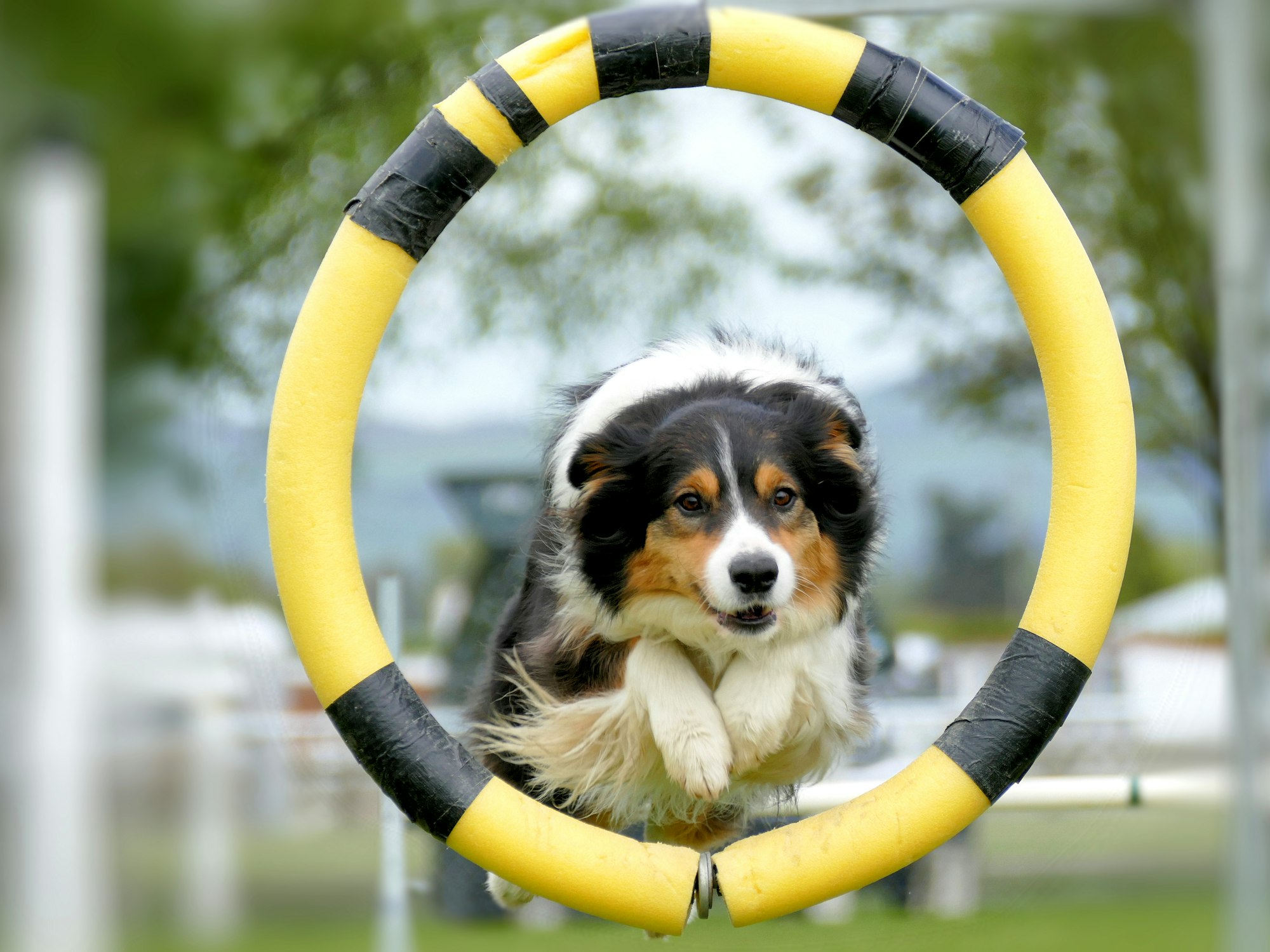Bringing home a new puppy is an exciting and joyous occasion. As a responsible dog owner, it is essential to start training your puppy from day one. Early training sets the foundation for a well-behaved and obedient dog. Here, we will explore the first thing you should train your puppy and the steps you can take to ensure successful training.
Training your puppy early on is crucial for their overall development and behavior. Puppies have a remarkable capacity to learn, especially during their first few months. By starting their training early, you can shape their behavior, prevent future issues, and strengthen the bond between you and your furry friend.
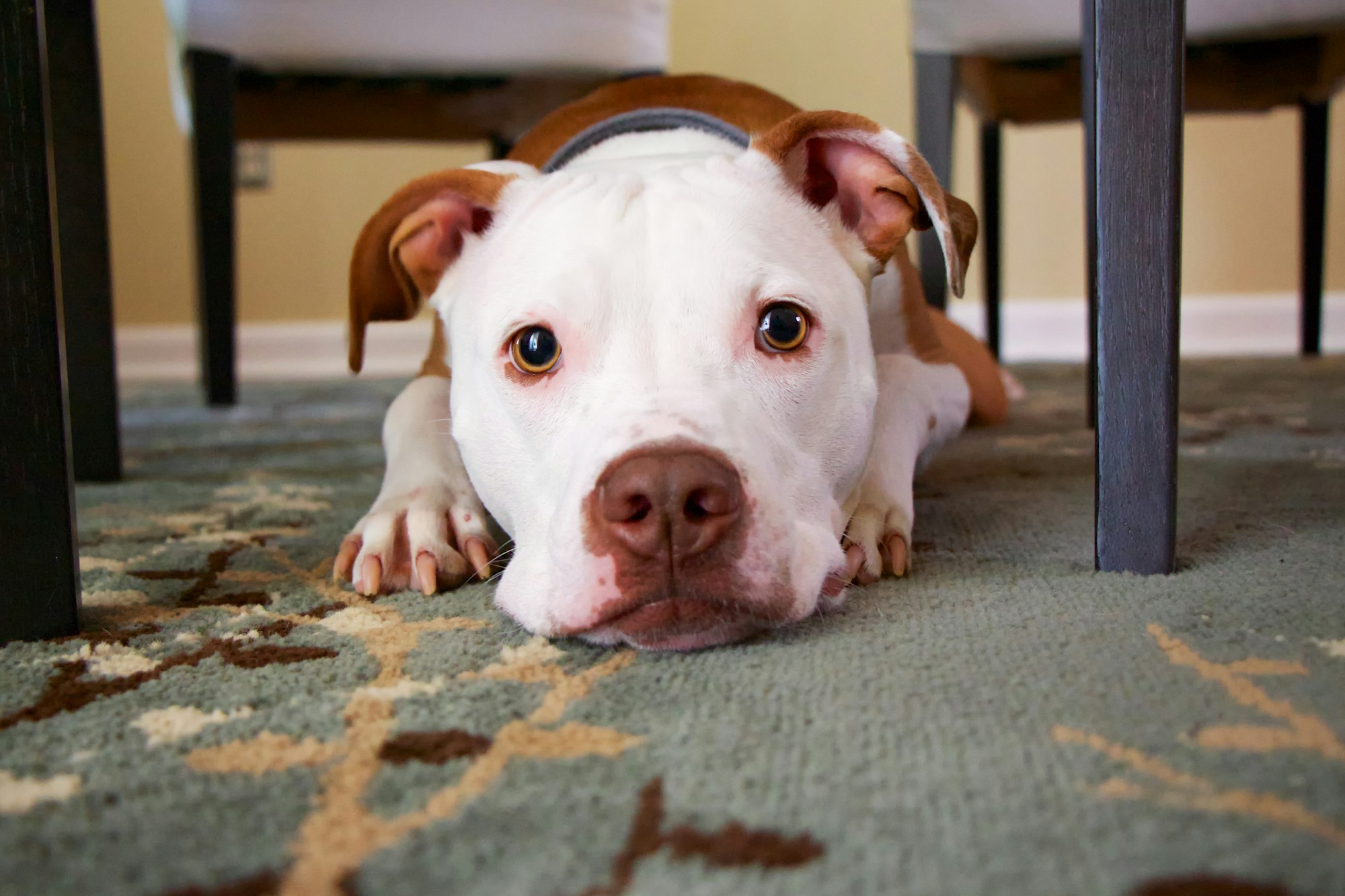
Building a Strong Foundation
When it comes to training your puppy, building a strong foundation is essential. This stage sets the groundwork for all future training and behavior. Here are some key aspects to focus on during this stage:
a. Establish a Safe and Comfortable Environment: Create a designated space for your puppy that includes a comfortable bed, food and water bowls, and toys. Make sure the area is safe and free from any hazards or potential dangers.
b. Set a Consistent Routine: Puppies thrive on routine. Establish a consistent schedule for feeding, potty breaks, playtime, and sleep. This helps them develop a sense of predictability and stability.
c. Introduce Basic Boundaries: Teach your puppy basic boundaries, such as where they are allowed to go in the house and what items are off-limits. Use positive reinforcement techniques to redirect their attention to appropriate toys or areas.
d. Encourage Proper Socialization: Socializing your puppy from an early age is crucial. Expose them to different people, animals, and environments in a controlled and positive manner. This helps them develop confidence and good social skills.
Housebreaking and Potty Training
One of the first training tasks for any puppy owner is housebreaking and potty training. Here are some steps to follow:
a. Establish a Designated Potty
Area: Choose a specific spot outside where you want your puppy to eliminate. Take them to this spot consistently, especially after meals, naps, and playtime.
b. Use Positive Reinforcement: When your puppy successfully eliminates in the designated area, reward them with praise and treats. Positive reinforcement helps them associate the behavior with a positive outcome.
c. Establish a Schedule: Set a consistent schedule for potty breaks. Take your puppy outside at regular intervals, and gradually increase the duration between breaks as they develop better bladder control.
d. Supervise and Prevent Accidents: Keep a close eye on your puppy and supervise them indoors. If you can't watch them closely, confine them to a crate or a small puppy-proofed area. This helps prevent accidents and promotes successful potty training.
Teaching Basic Commands
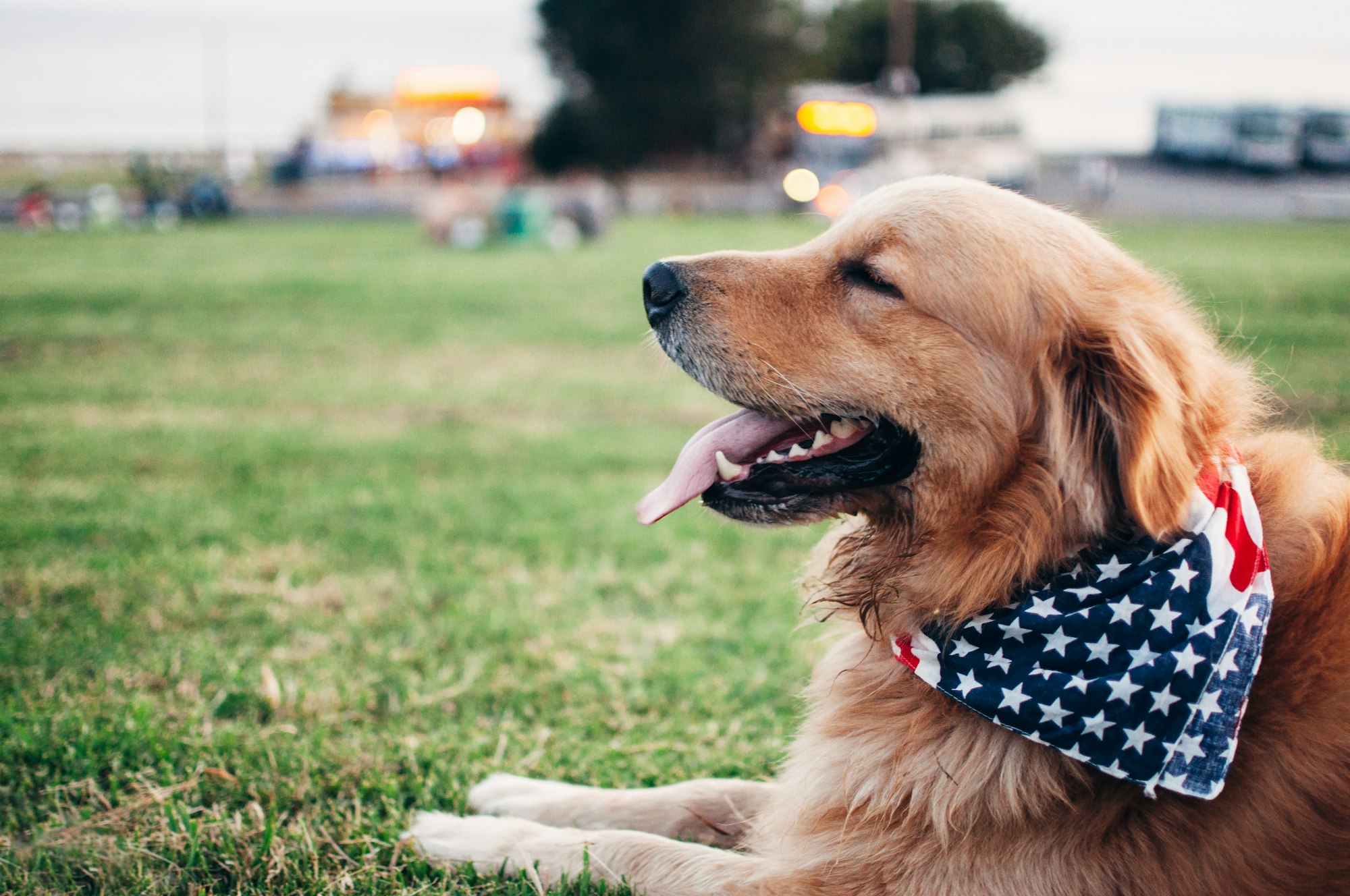
Teaching your puppy basic commands is a crucial part of their training. Here are a few essential commands to start with:
a. Sit: Hold a treat close to your puppy's nose and raise your hand upward. As their head follows the treat, their bottom will naturally lower into a sitting position. Once they sit, praise them and give them the treat.
b. Stay: Start with your puppy in a sitting position. Hold your hand up, palm facing outward, and say "Stay." Take a small step back. If your puppy stays in place, reward them with praise and a treat. Gradually increase the distance and duration of the stay.
c. Come: Put a leash on your puppy and crouch down. Open your arms and say "Come" in an enthusiastic tone. Gently tug on the leash to encourage them to come toward you. When they reach you, reward them with praise and treats.
d. Lie Down: Start with your puppy in a sitting position. Hold a treat close to their nose and slowly lower it to the ground. As their nose follows the treat, their body will naturally lower into a lying down position. Reward them with praise and a treat when they lie down.
Remember to keep training sessions short, fun, and positive. Use treats, praise, and affection to motivate your puppy. Consistency and patience are key to successful training. With time and practice, your puppy will learn these basic commands and develop a strong foundation for future training endeavors.
Socialization and Positive Experiences

Socializing your puppy and exposing them to positive experiences is vital for their development. Here's how you can help your puppy become well-adjusted and comfortable in different situations:
a. Introduce New Environments: Gradually expose your puppy to various environments, such as parks, streets, and different indoor spaces. Start with calm and controlled settings, gradually increasing the level of stimuli. This helps them become familiar with different sights, sounds and smells.
b. Meet Different People: Introduce your puppy to a variety of people, including family members, friends, and strangers. Encourage gentle interactions and provide positive reinforcement when your puppy displays friendly behavior. This helps them become comfortable around different individuals.
c. Interact with Other Animals: Arrange controlled and supervised interactions with well-behaved dogs and other animals. This allows your puppy to learn appropriate social skills and develop positive relationships with their counterparts.
d. Positive Reinforcement: Whenever your puppy displays calm and appropriate behavior during socialization experiences, reward them with treats, praise, and affection. This helps them associate positive experiences with new environments, people, and animals.
Leash Training and Walking Etiquette
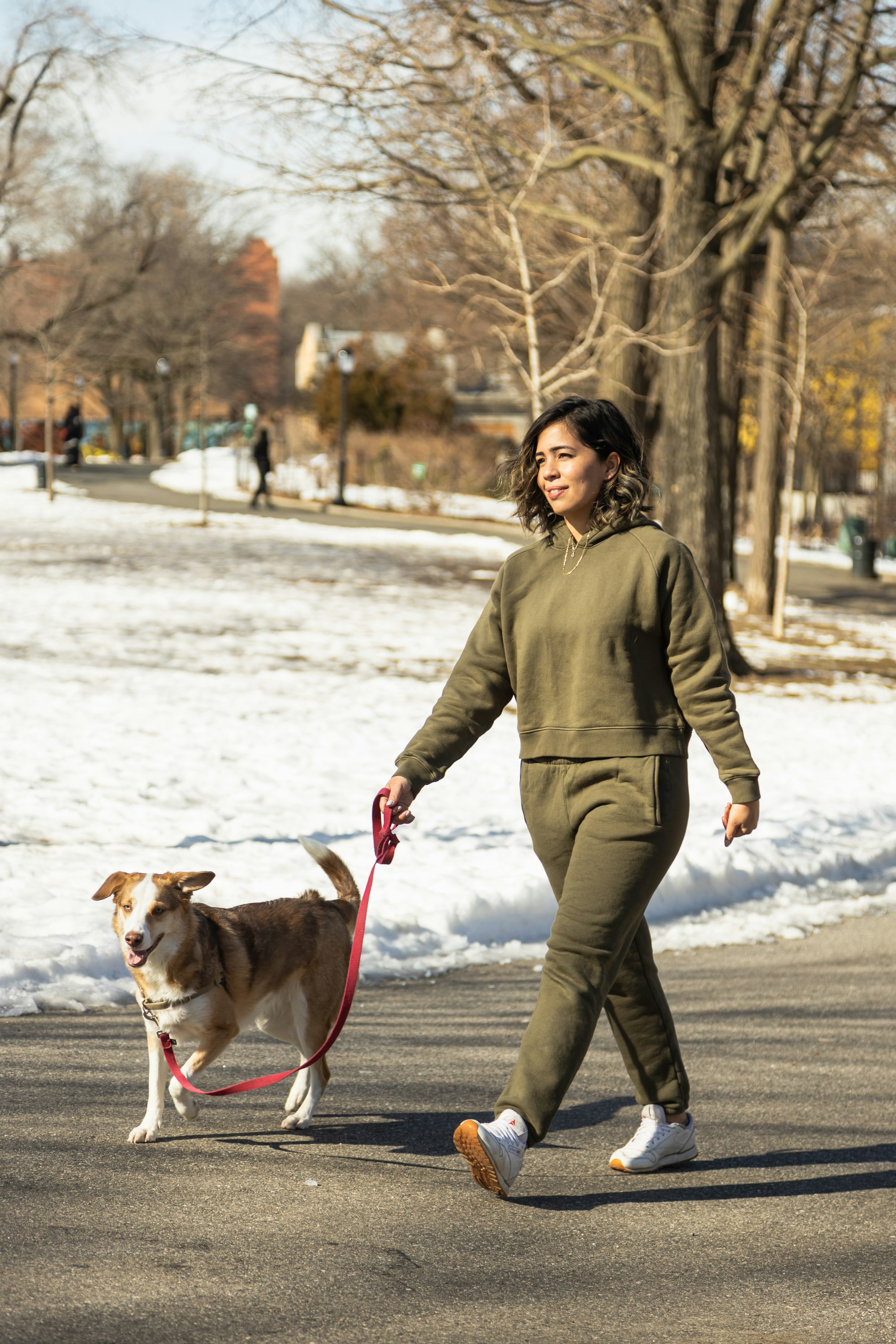
Leash training is an essential part of your puppy's education. Teaching them proper walking etiquette helps ensure their safety and the enjoyment of walks for both of you. Here are some steps to follow:
a. Introduce the Leash: Start by getting your puppy used to wearing a collar and leash. Allow them to wear it indoors for short periods while supervised. This helps them become comfortable with the sensation.
b. Familiarize with the Leash: Attach the leash to your puppy's collar and let them drag it around in a safe and controlled area. This allows them to become accustomed to the weight and movement of the leash.
c. Start Walking: Begin walking with your puppy indoors or in a quiet outdoor area. Encourage them to walk beside you using verbal cues, treats, and gentle leash guidance. Reward them for walking calmly and staying by your side.
d. Reinforce Positive Walking Behavior: Whenever your puppy walks nicely on the leash without pulling, reward them with praise and treats. Consistently reinforce this behavior to establish good walking etiquette.

Addressing Behavioral Issues
Addressing behavioral issues early on is crucial for your puppy's well-being and your relationship with them. Here are some common behavioral issues and tips on how to address them:
a. Chewing: Provide appropriate chew toys and redirect your puppy's attention to them whenever they start chewing on inappropriate items. Consistency and positive reinforcement will help them understand what is acceptable to chew on.
b. Excessive Barking: Identify the triggers for your puppy's barking and address them accordingly. For example, if they bark at strangers, gradually introduce them to new people in a controlled and positive manner to help them become more comfortable.
c. Jumping: Teach your puppy an alternative behavior, such as sitting or offering a paw, instead of jumping. Reward and praise them when they display the desired behavior and ignore or redirect them when they jump.
d. Separation Anxiety: Gradually introduce your puppy to being alone for short periods. Provide them with engaging or puzzle toys to keep them occupied. Consult with a professional trainer or behaviorist if the separation anxiety persists.
Remember, addressing behavioral issues requires patience, consistency, and positive reinforcement. If you're struggling to address a particular issue, seeking guidance from a professional dog trainer or behaviorist can provide valuable insights and tailored solutions.
Training for Good Behavior Around People and Other Animals
Teaching your puppy good behavior around people and other animals is crucial for their social interactions. Here's how you can train them to be well-mannered:
a. Positive Exposure: Create controlled situations where your puppy can interact with different people and animals. Use positive reinforcement to reward calm and friendly behavior. Gradually increase the level of difficulty by exposing them to various social settings.
b. Proper Greetings: Teach your puppy to greet people and other animals politely. Encourage them to approach calmly, without jumping or excessive excitement. Reward them for gentle and controlled interactions.
c. Desensitization: Expose your puppy to common stimuli, such as bicycles, joggers, or loud noises, in a controlled and positive manner. This helps them become accustomed to these stimuli and prevents fear or reactive behavior.
d. Redirect Undesirable Behavior: If your puppy displays inappropriate behavior, such as aggression or excessive barking, redirect their attention to acceptable behavior. Reward them for the desired behavior and discourage the undesirable one.
Advanced Training and Specialized Skills
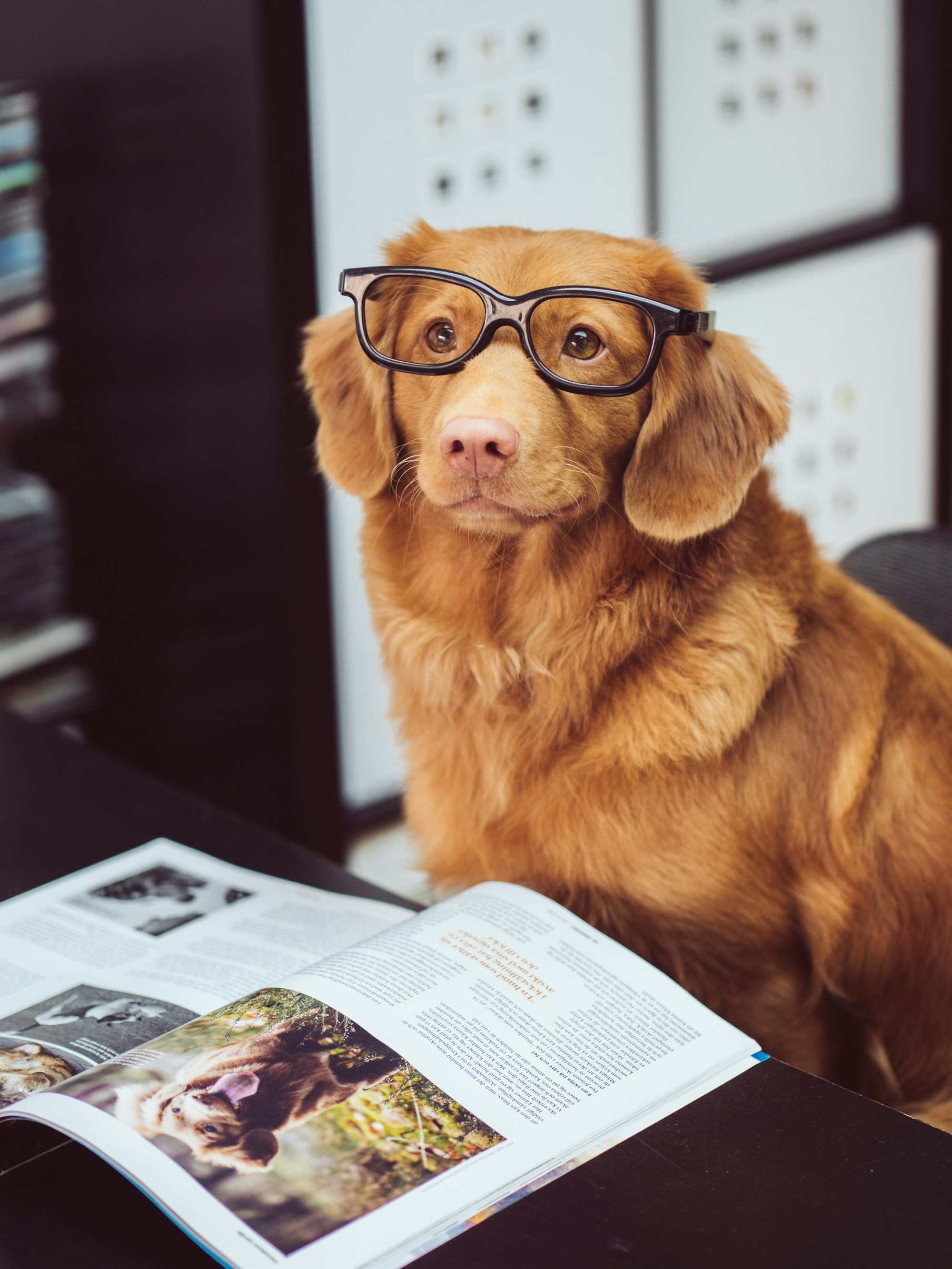
Once your puppy has mastered basic obedience commands, you can introduce advanced training and specialized skills. Here are some areas to explore:
a. Tricks and Agility: Teach your puppy fun tricks, such as spinning, rolling over, or playing dead. Engage them in agility training, which involves navigating through obstacle courses. This provides mental stimulation and strengthens their physical coordination.
b. Specific Tasks and Jobs: Some breeds have specific skills or tasks they excel at. For example, retrievers are great at fetching and water rescues, while herding breeds have natural herding instincts. Tailor training to your puppy's breed and abilities to develop their specialized skills.
c. Canine Sports: Engage your puppy in canine sports such as obedience trials, rally obedience, flyball, or scent work. These activities provide mental and physical stimulation while allowing your puppy to showcase their abilities.
Obedience Training and Recall
Obedience training and recall are essential for your puppy's safety and control. Here's how you can train them effectively:
a. Consistent Commands: Use consistent verbal cues and hand signals for each command. This helps your puppy understand and respond reliably to your instructions.
b. Positive Reinforcement: Reward your puppy with treats, praise, and play whenever they obey a command. Positive reinforcement encourages them to repeat the desired behavior.
c. Practice in Various Environments: Gradually introduce distractions and practice commands in different environments. This helps your puppy generalize their training and respond obediently in various situations.
d. Recall Training: Teach your puppy a strong recall command, such as "come" or their name. Start in a controlled environment and gradually increase the level of distraction. Reward them generously when they come to you promptly.
Remember, training requires patience, consistency, and positive reinforcement. Keep training sessions engaging, fun, and short to maintain your puppy's focus and enthusiasm. Celebrate their progress and always prioritize their well-being and safety throughout the training process.
Keeping Training Sessions Fun and Engaging
Training sessions should be enjoyable for both you and your puppy. Keep the sessions short and frequent, focusing on one command or skill at a time. Use positive reinforcement, treats, and praise to motivate your puppy. Incorporate playtime and interactive toys to make the training process fun and engaging.
Consistency and Patience
Consistency is key when it comes to training your puppy. Establish clear rules and expectations and stick to them. Use the same commands and hand signals consistently to avoid confusion. Remember that training takes time, and each puppy learns at their own pace. Be patient and celebrate small victories along the way.
Monitoring Your Puppy's Progress
Regularly assess your puppy's progress and make adjustments to your training approach as needed. Keep track of their achievements and challenges. If you encounter difficulties or have concerns, don't hesitate to seek guidance from a professional dog trainer. They can provide valuable insights and personalized advice to address specific training issues.
Final Thoughts
Training your puppy is a rewarding journey that lays the foundation for a well-behaved and happy dog. By starting early and focusing on essential skills, you can set your puppy up for success. Remember to be patient, consistent, and use positive reinforcement throughout the training process. With time and dedication, you'll watch your puppy grow into a well-trained and loving companion.

FAQs
1. Q: How long does it take to train a puppy?
A: The duration of puppy training varies depending on factors such as breed, age, and individual temperament. However, it is an ongoing process that requires lifelong reinforcement and occasional refreshers.
2. Q: Should I use punishment-based training methods?
A: It is recommended to use positive reinforcement techniques rather than punishment-based methods. Positive reinforcement creates a positive association with training and fosters a stronger bond between you and your puppy.
3. Q: Can older dogs be trained?
A: Yes, older dogs can be trained. While it may take more time and patience, dogs of any age can learn new behaviors and commands with the right approach and consistency.
4. Q: How often should I train my puppy?
A: Training sessions should be short and frequent, ideally a few minutes several times a day. Puppies have limited attention spans, so it's necessary to keep the sessions engaging and avoid overwhelming them.
5. Q: What if my puppy is not responding to training?
A: If your puppy is struggling with certain commands or behaviors, it's best to seek guidance from a professional dog trainer. They can assess the situation and provide tailored advice to address specific training challenges.
